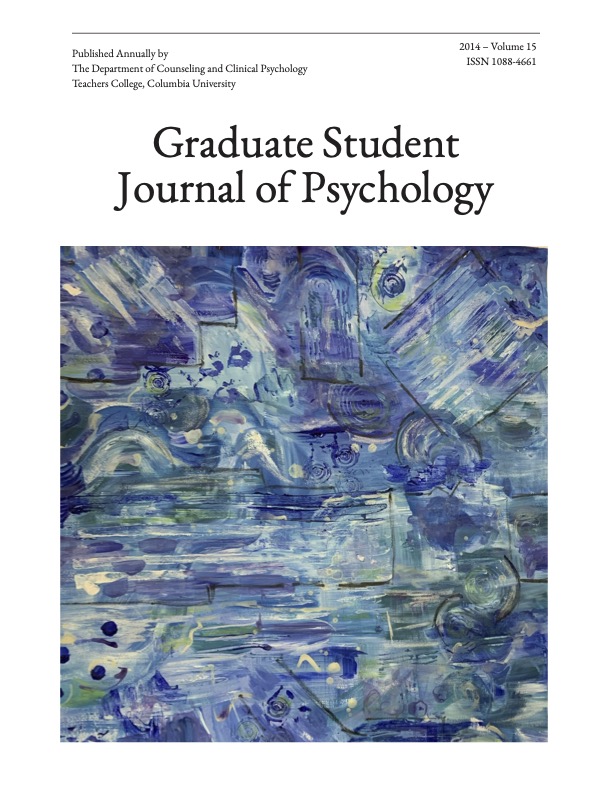Prescription Privileges and the Ethics Code: A Modern Look into the Right to Prescribe among Applied Psychologists
Main Article Content
Abstract
The primary distinguishing element between the practice of clinical psychiatry and applied psychology is the right to prescribe psychotropic medications for psychiatrists and the absence of that right for applied psychologists (Clinical or Counseling Psychologists holding either Ph.D, Psy.D, or Ed.D degrees) (Andrews, 2011). Since 1995, the American Psychological Association has made it official policy to pursue such rights for those holding doctoral degrees in applied psychology (Ph.Ds, Psy.Ds and Ed.Ds), much to the resistance of their colleagues in psychiatry (Johnson, Hay, Murray, Lucas & Tompkins, 2012; Martin, 1995). This paper assesses the history and current state of affairs of the debate to further psychologists’ right to prescribe through a review of current literature, utilizing the Ethical Principles of Psychologists and Code of Conduct of the American Psychological Association (APA, 2002). This paper adds to the debate as to whether psychologists’ prescription privileges, without the full training in medicine afforded to psychiatrists, falls within a psychologists’ scope of practice. It is argued that, with the current state of policy and training for prescription privileges, the risks appear to outweigh the gains. Steps can be taken to ensure proper doctoral training, and continuing education in order for prescription privileges to be viable for applied psychologists. Several important considerations reviewed herein must be addressed before such training could be ethically feasible.
Article Details
Section
Articles

This work is licensed under a Creative Commons Attribution-NonCommercial 4.0 International License.
How to Cite
Shafron, G. R. (2014). Prescription Privileges and the Ethics Code: A Modern Look into the Right to Prescribe among Applied Psychologists. Graduate Student Journal of Psychology, 15, 95–102. https://doi.org/10.52214/gsjp.v15i.10894

